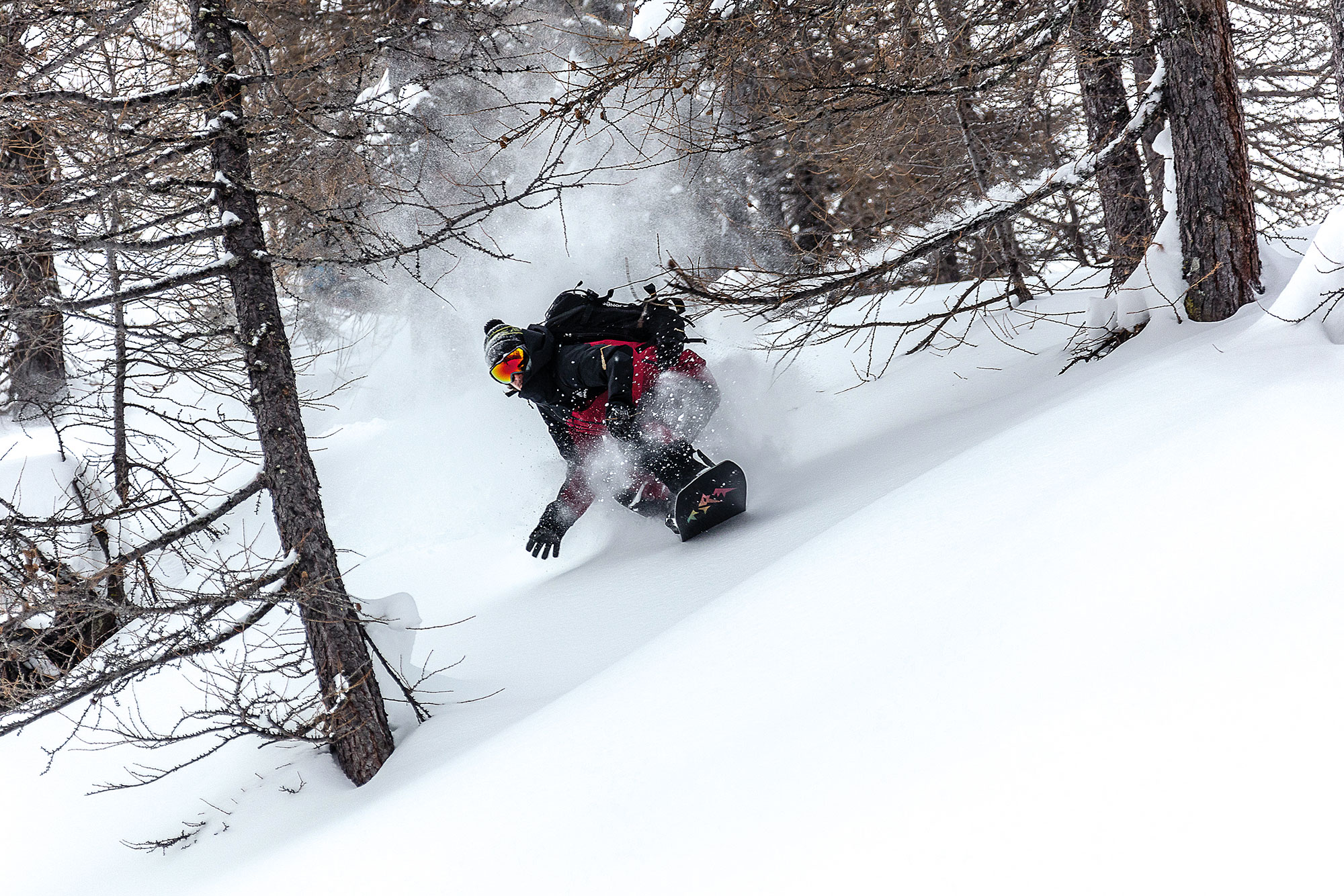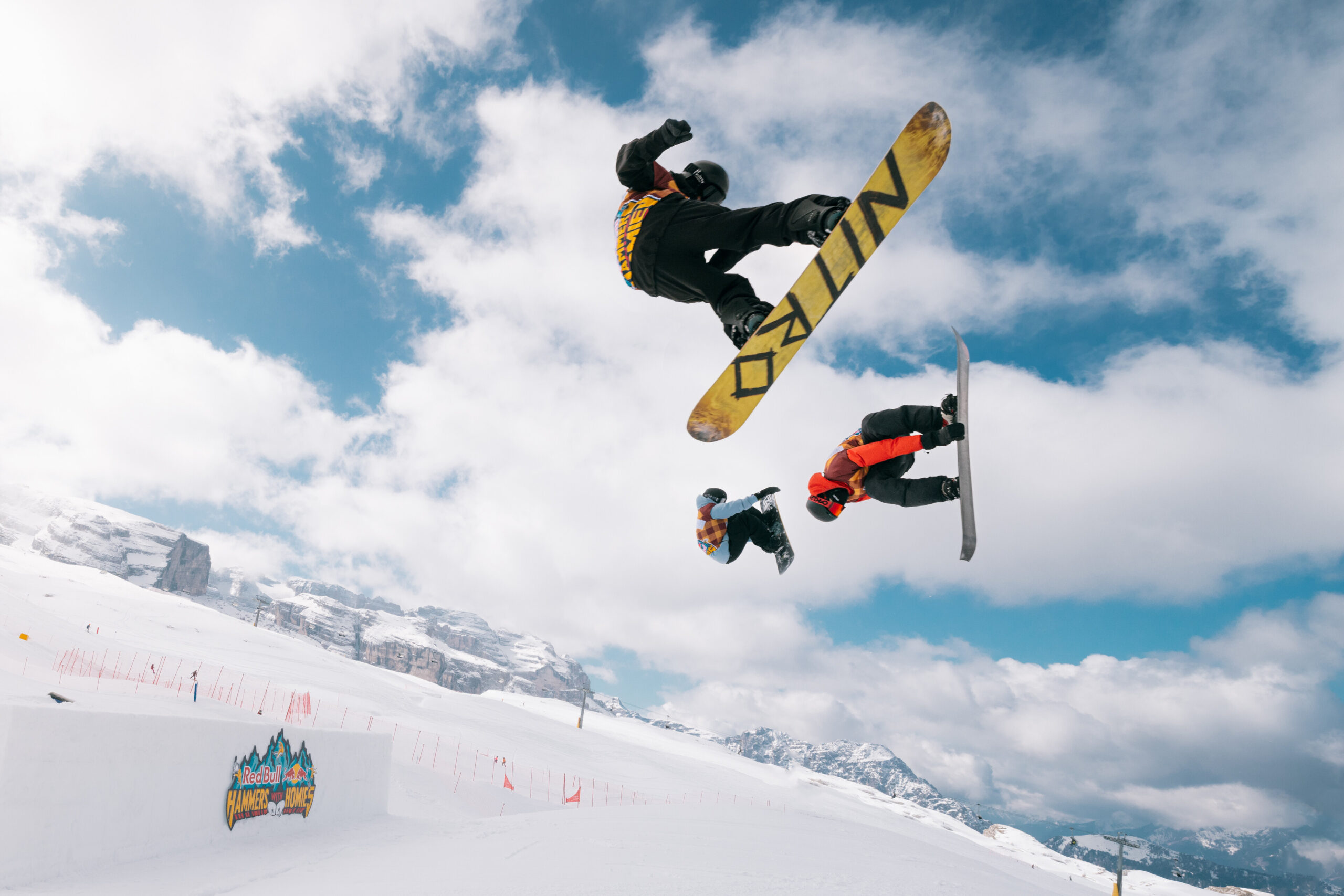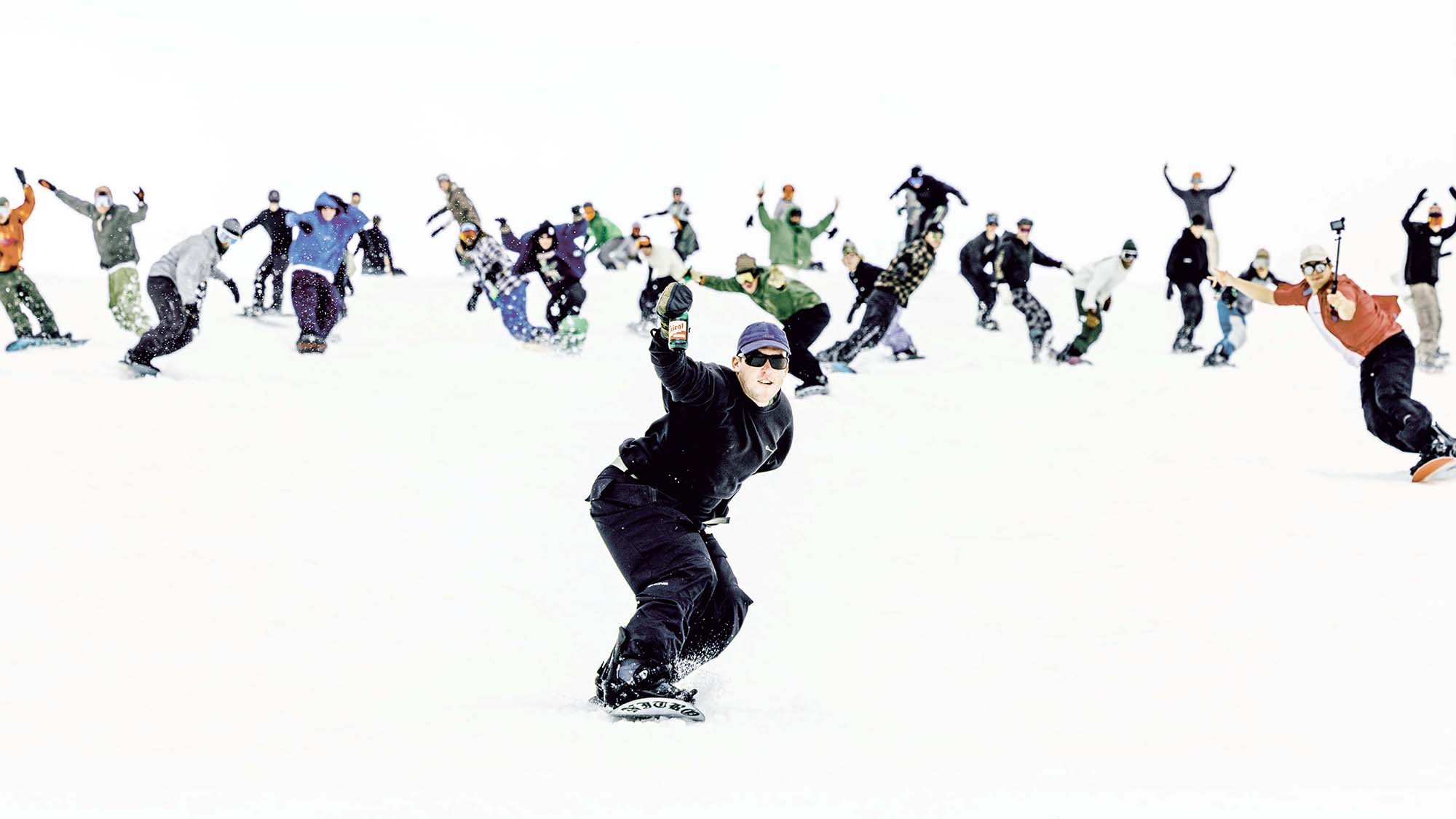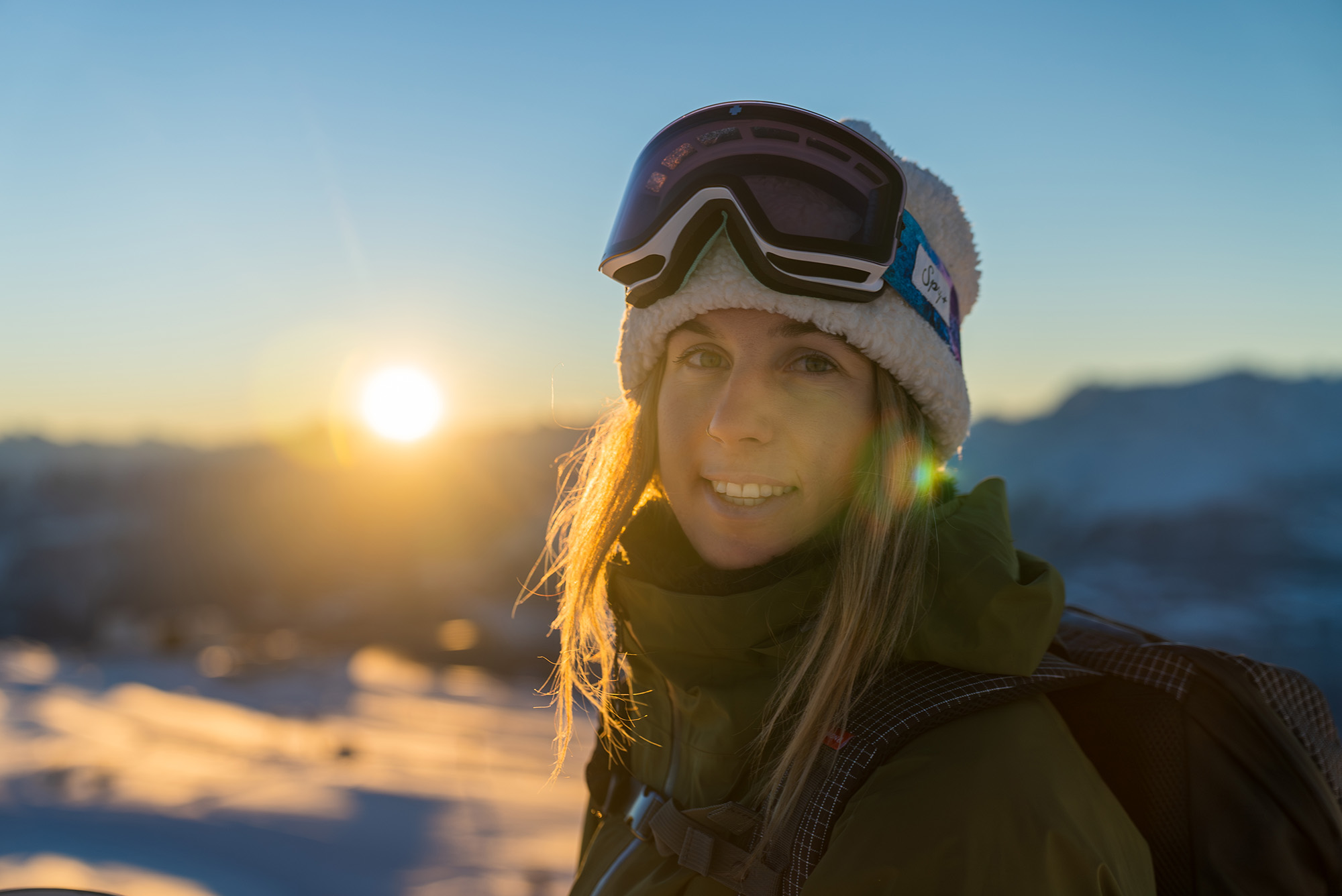Keep moving forward with Julien Pica Herry
By Tommaso Bernacchi
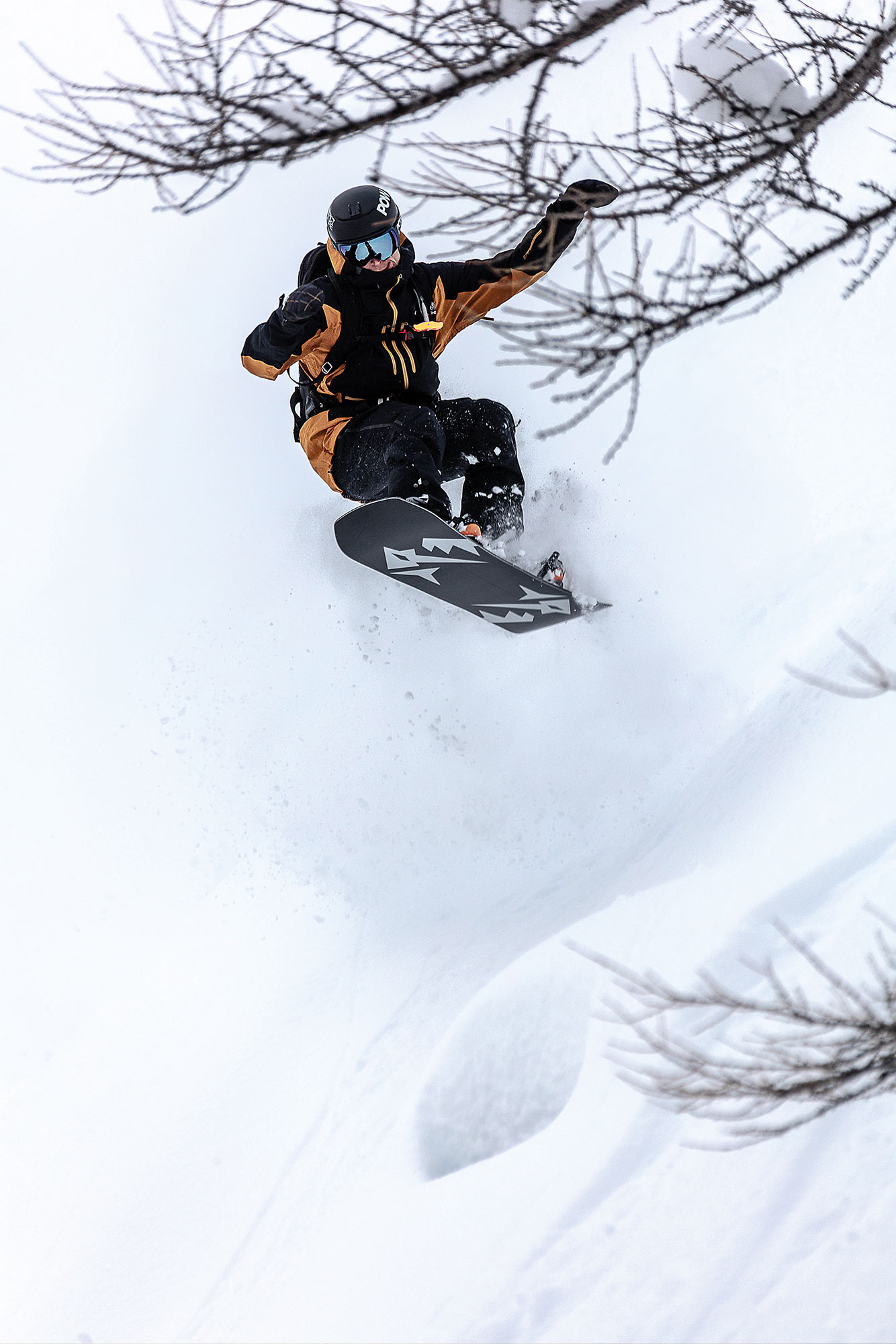
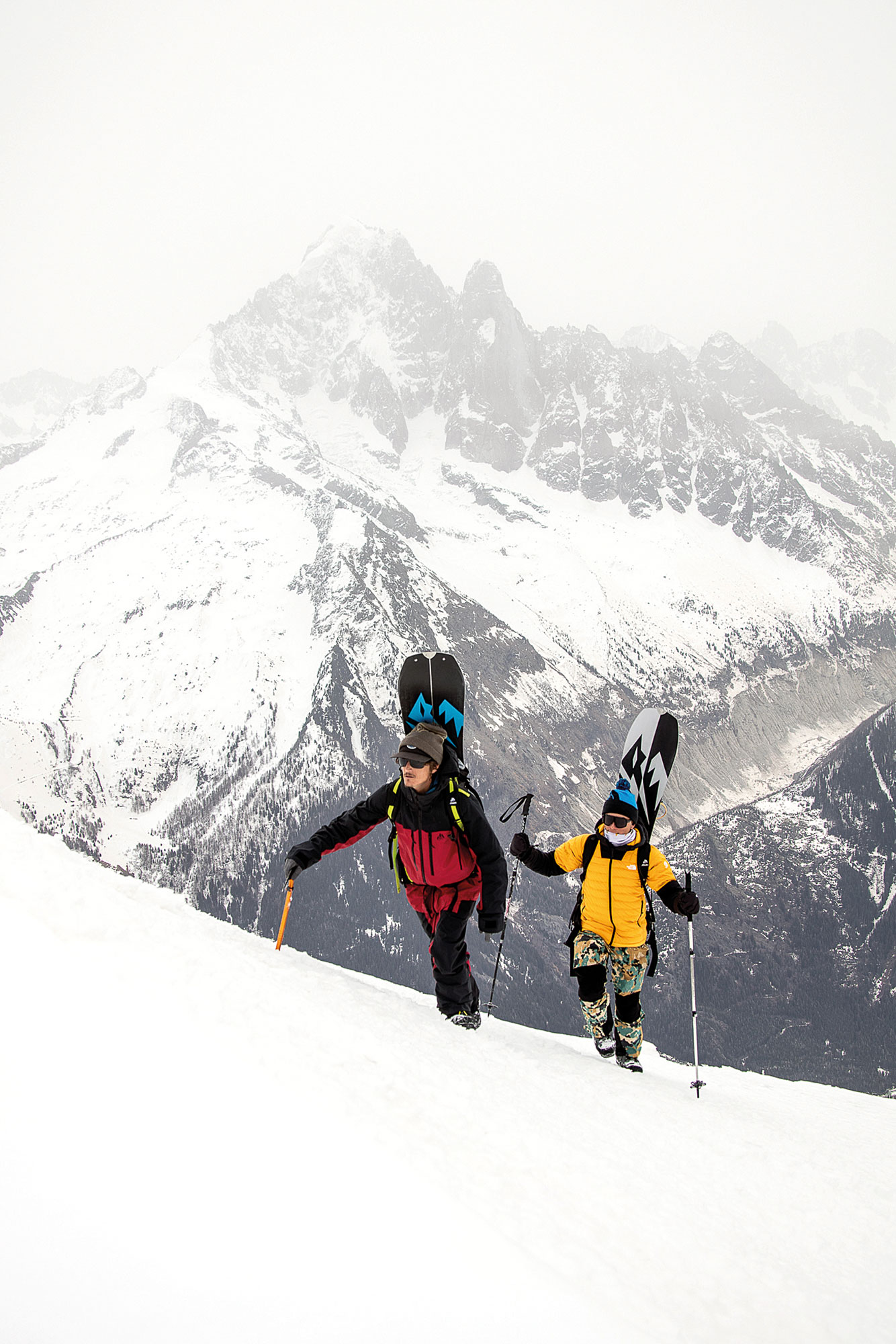
Lately I have been very impressed by Julien “Pica” Herry who constantly publishes content about steep descents in the Mont Blanc area, where a very high level of mountaineering is required to climb. Almost 37 years old, the Chamonix-based mountain guide is currently one of the most accomplished splitboarders around, with many first descents on his home mountains and in Pakistan, such as Melguss Peak in the Hunza Valley, to his credit. Julien is also helping many people approach snowboarding and winter sports in general. Together with other mountain experts, he founded Zom Connection, a nonprofit organization that helps in spreading the passion for mountain sports in northern Pakistan.
I think being from Chamonix has definitely shaped your riding style and what you look for in a descent. At 36, do you still have the desire to explore your home mountains, or do you feel more drawn to some other descents in different areas?
“I still have the urge to explore my home mountains because I know there is still so much to do and, of course, I take fewer risks here. I’m definitely attracted to some of the other mountains, but in 2022 traveling all over the world is no longer an option, so even though I’m definitely interested in Pakistan, I still try to stay here in the area as much as possible.”
In the “Earn your Turn” series you say that at some point you started to feel more like a snowboarder than a mountaineer. Do you still feel that way? Which passion came first: snowboarding or mountaineering?
“Even today I still feel more like a snowboarder than a mountaineer, I would probably say I’m a snowboarder who loves being in the mountains. I started with climbing and mountaineering when I was 12 years old but back then I was already snowboarding, although I only started focusing more on snowboarding than mountaineering 10 years ago.”
As an Alpine Guide what is your suggestion for all splitboarders who want to improve their riding on difficult terrain that requires mountaineering skills?
“My advice is to start with rock climbing to get used to using the rope and then slowly move to mountaineering in the summer when you can’t snowboard. Definitely it’s useful to approach climbing and mountaineering and then take the skills learned into snowboarding.”
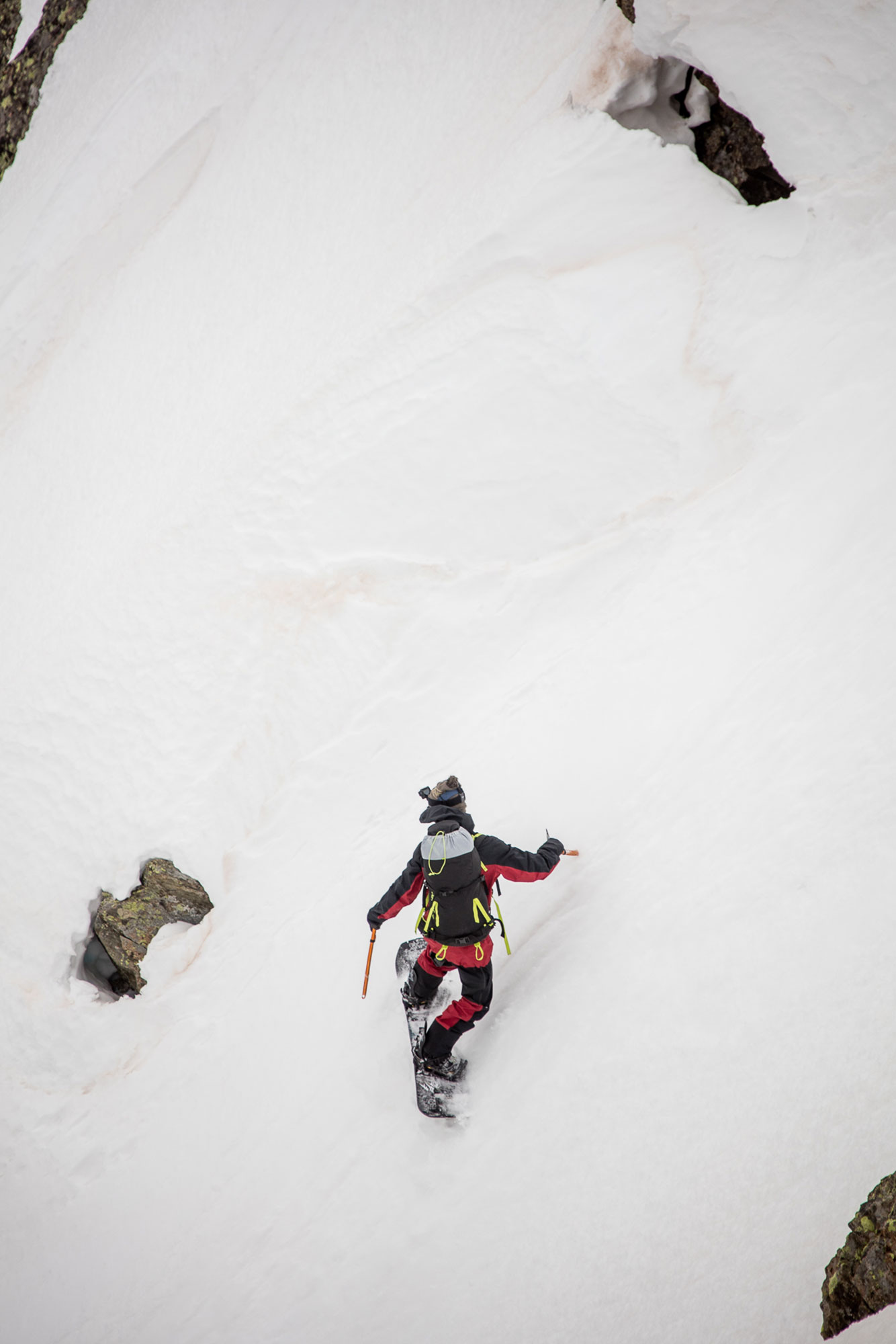
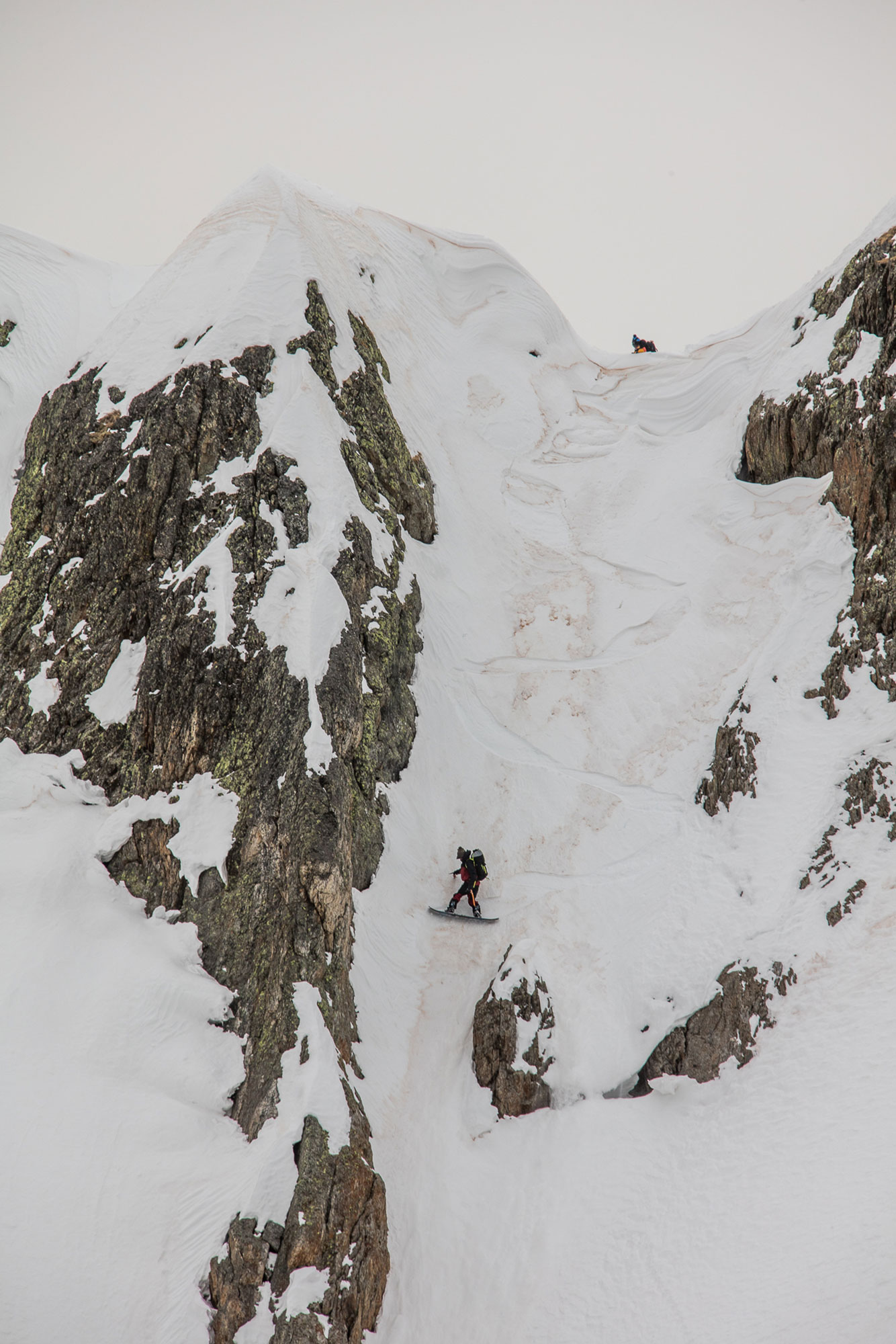
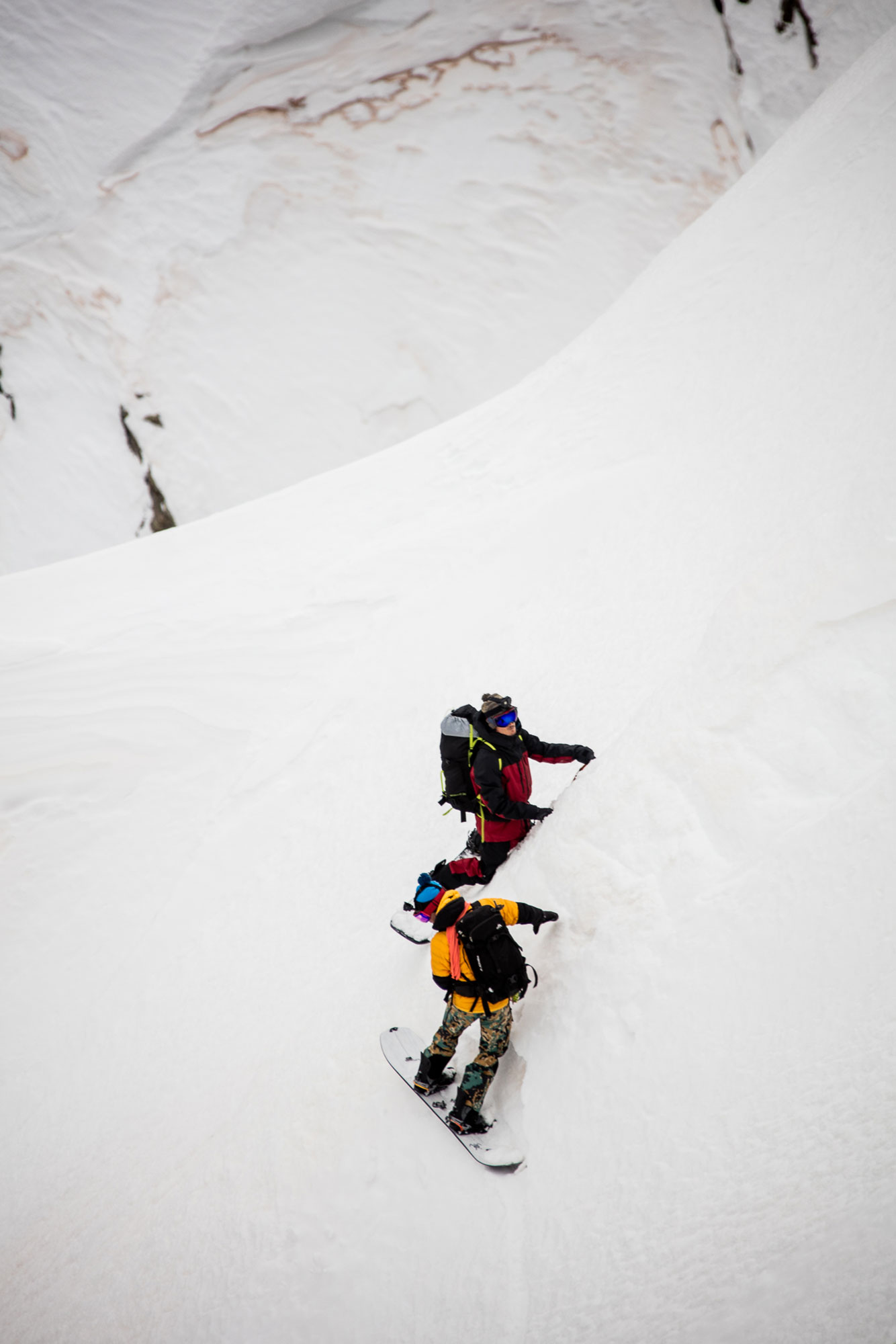
What are the key elements you consider before tackling a steep descent?
“Probably the avalanche risk and the weather forecast, I would say the mountain conditions in general so we don’t risk too much. In any case you can always reconsider everything once you’re on the mountain, so at any time during the approach or even in the middle of a steep climb you can always decide to turn back if we feel it’s no longer safe to go forward. But the main key elements, as mentioned, come from the mountain: avalanche risk, weather forecast and mountain conditions.”
What is your dream descent?
“At the moment I don’t have any, I had a list of descents to check off, but no more… My dream descent would be a long, steep, sunny, dusty run in Pakistan, starting at the summit of a 6500m virgin peak, but I haven’t found it yet.”
What is the greatest satisfaction that snowboarding has given you?
“Snowboarding has given me a passion and a valid reason to keep going. In the end, I love being in the mountains and snowboarding whenever I want.”
What were the biggest difficulties in completing the Travers des Aiguilles Rouges?
“Definitely the endurance part, we knew we were going to be slow but still we weren’t sure if we would be able to go for 36 hours and with 5000m of elevation gain, so definitely the difficulties didn’t come from the incline and the technical parts, but were mainly about endurance and how we would adapt our pace, whether we would be able to get some rest overnight, etc. In the end it was nice to tackle something that was challenging but still not too extreme in terms of risk. I crossed the same range in December 2006 in alpine style in 6 days. It was interesting to see how much faster we would be on splitboards. Knowing the mountain well, there was a logical chaining to do, never too steep, never too flat, and in case we had to give up and turn back it was pretty easy to do at any time.”
Do you find any connection between your mountains and Pakistan?
“I find connections among people who live in the mountains: they share the same passion and respect for nature.”
Your love for Pakistan is well known; in 2020 you founded Zom Connection, a nonprofit organization that helps local communities in northern Pakistan learn about and enjoy winter sports. How did the idea come about?
“After my accident in 2019 (a broken vertebra due to an avalanche during a climb) I decided to help local communities by providing them with snowboarding equipment. After a first expedition under my own name, it seemed logical to create an association to carry on the project. So, together with some friends, we founded Zom Connection. Zom means Mountain in the local language. We collect snowboards, skis and winter sports equipment here in France and ship them or take them ourselves to Pakistan, then go there and spend time trying to ignite in the local people a passion for sports and the mountains.”
